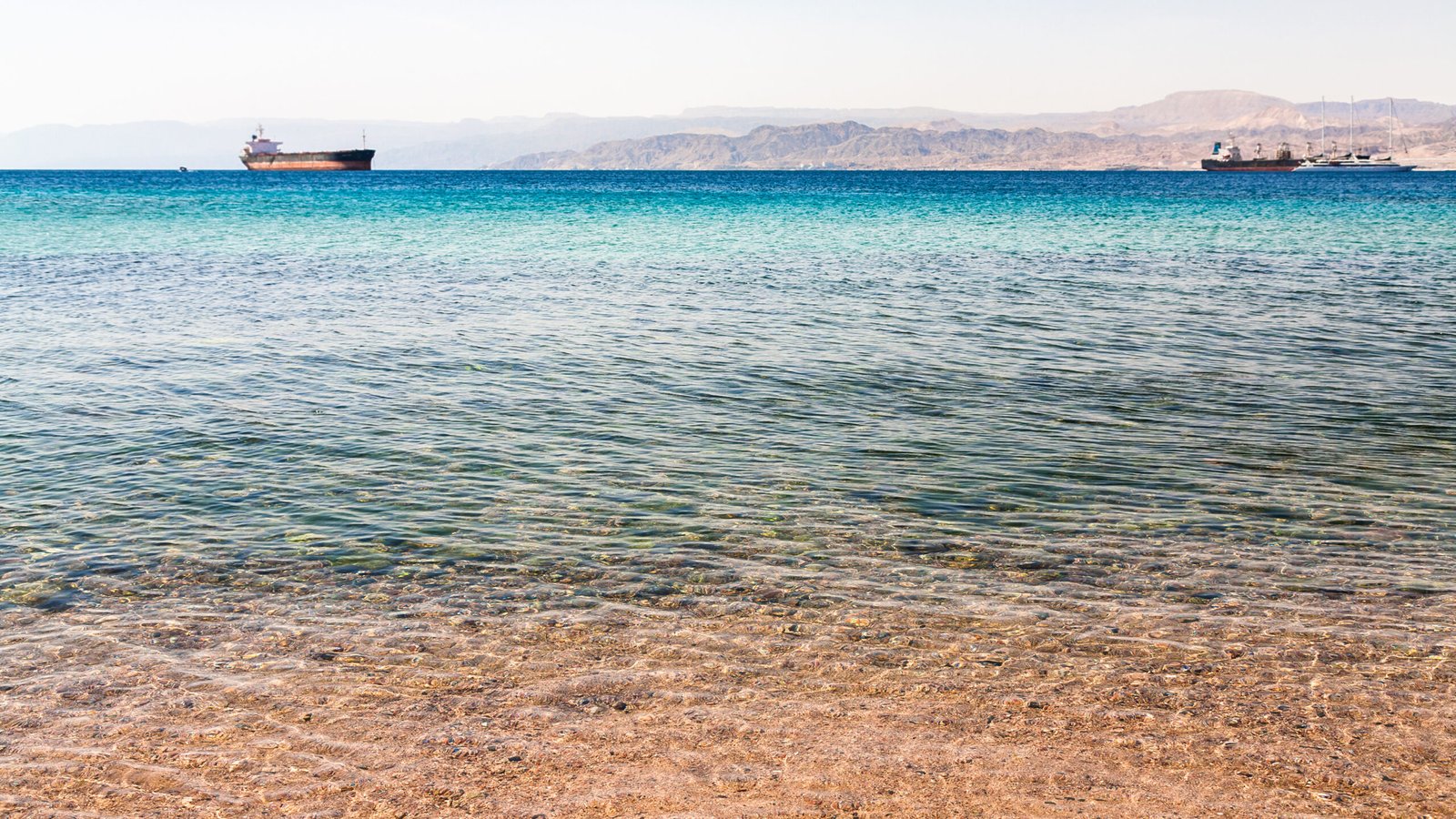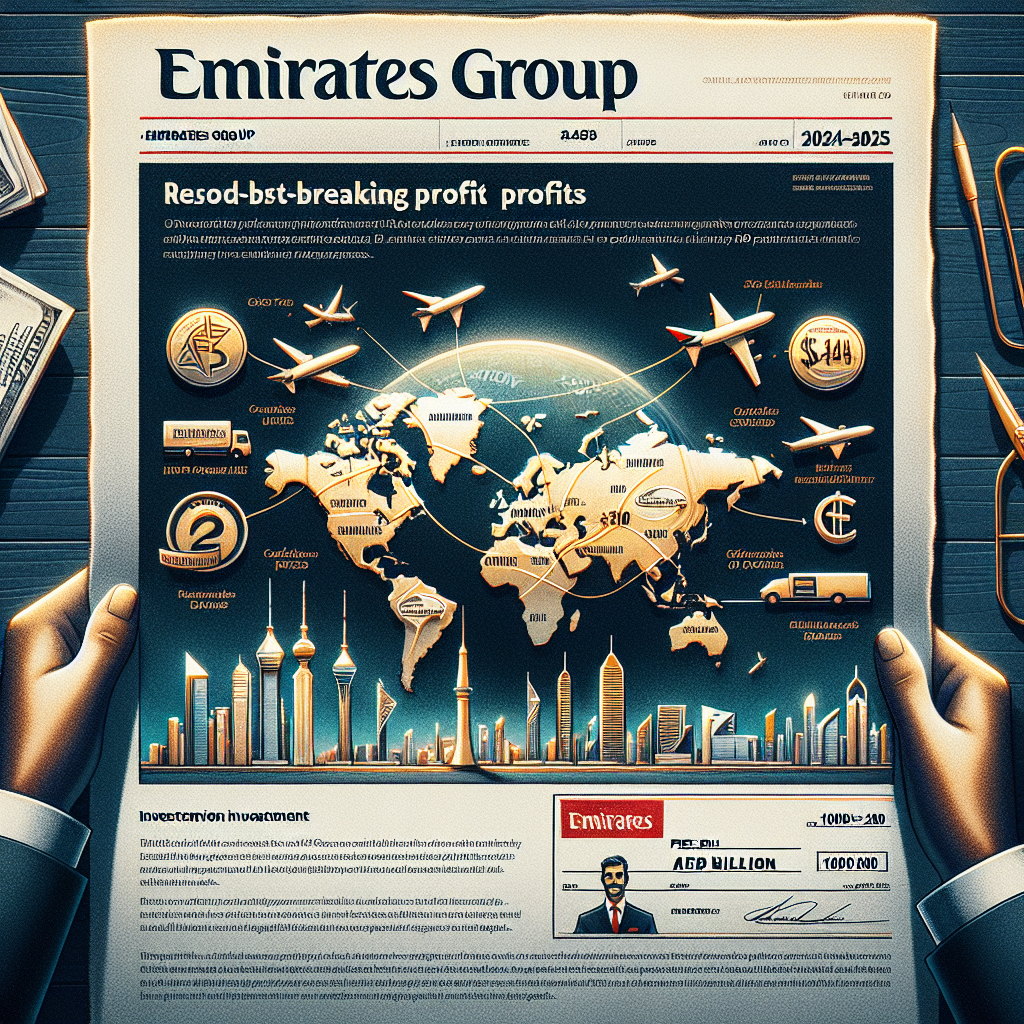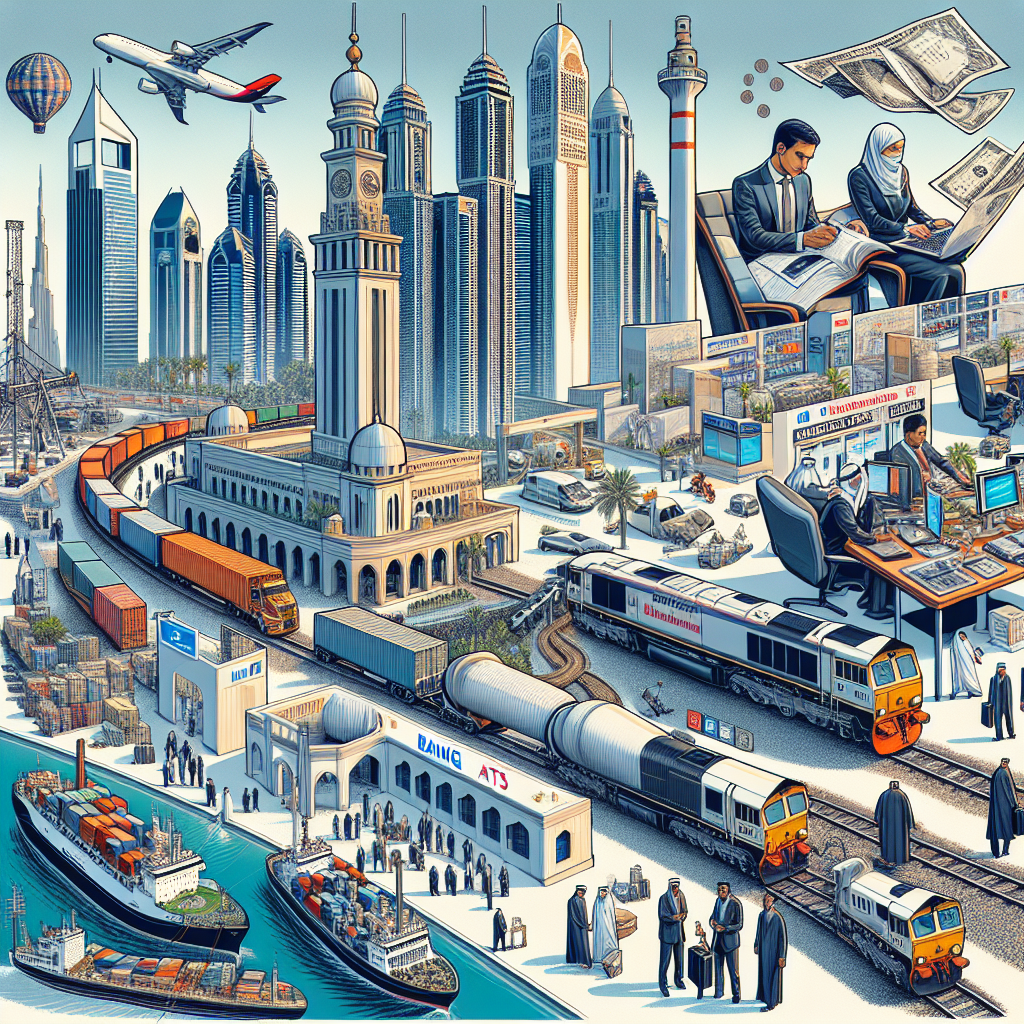In a bold move strengthening regional ties and economic growth, the UAE’s Etihad Rail has signed a memorandum of understanding with Jordan to construct a 360km freight railway, connecting the Dead Sea to the Red Sea.
UAE Expands Its Railway Expertise Beyond Borders
The United Arab Emirates is set to make a significant impact on regional infrastructure as Etihad Rail, the national rail operator of the UAE, prepares to embark on an ambitious project in Jordan. The company has recently signed a memorandum of understanding to build a 360km freight railway, valued at $2.3 billion. This massive undertaking will connect Jordan’s phosphate and potash mines near the Dead Sea to the port of Aqaba on the Red Sea.
The project, slated to begin construction in 2026 and complete by 2030, represents a major step in the UAE’s efforts to expand its influence and expertise in railway development beyond its own borders. Mohamed Hassan Alsuwaidi, the UAE’s minister of investment, emphasized the importance of this venture, stating that it aims to “establish new economic and investment connections that support infrastructure development and foster promising opportunities.”
A Boost for Regional Trade and Economy
The impact of this railway project extends far beyond mere transportation infrastructure. Etihad Rail has also signed provisional agreements with Jordan’s Phosphate Mines Company and the Arab Potash Company to transport an impressive 16 million tonnes of materials annually. This massive volume of freight underscores the economic significance of the project for both Jordan and the UAE.
To facilitate this extensive operation, terminals for loading and unloading freight will be constructed at key locations including Aqaba, Ghor Al Safi, and Shidiya. These facilities will play a crucial role in streamlining the transportation process and enhancing the efficiency of mineral exports from Jordan.
This project not only showcases the UAE’s growing expertise in large-scale infrastructure development but also highlights its commitment to fostering economic growth and cooperation in the region. By leveraging its experience and resources, the UAE is positioning itself as a key player in the development of critical transportation networks beyond its own borders, contributing to the broader economic integration of the Middle East.











